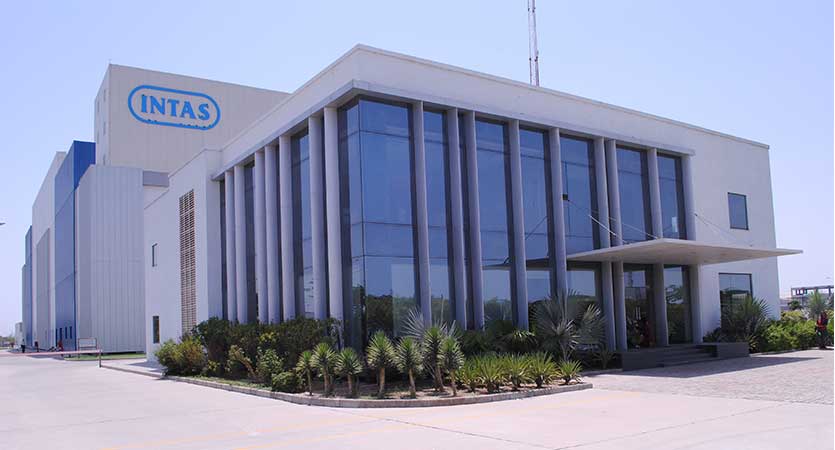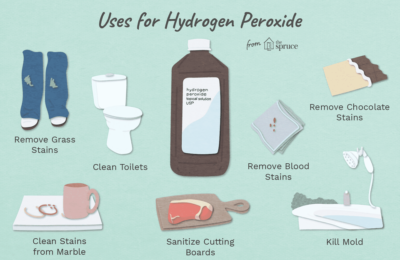The Intas Pharmaceuticals plant in India’s western region, a major supplier of the generic chemotherapy drug cisplatin to the United States, encountered serious problems leading to a shortage of the drug. This situation sheds light on the delicate nature of the generic drug supply chain and the difficulties faced by manufacturers. The shortage of cisplatin has resulted in significant challenges for oncologists and potentially affected a large number of cancer patients.
Inspections Reveal Widespread Issues at Intas Pharmaceuticals Plant
- FDA inspection in November uncovered various problems, including torn documents and quality assurance failures.
- Intas suspended production to resolve the issues, leading to a shortage of cisplatin.
- Other manufacturers of cisplatin reported shortages, exacerbating the situation.
- Shortage of cisplatin also caused a shortage of carboplatin, a substitute drug produced at the same Intas plant.
Impact on Cancer Patients and Healthcare System
- Oncologists are struggling to procure supplies of cisplatin or find alternative treatments, potentially affecting hundreds of thousands of patients.
- National Comprehensive Cancer Network survey reveals a high percentage of cancer centers experiencing shortages of cisplatin or carboplatin.
- Patients may have to settle for less effective drugs, which can have adverse consequences on their treatment outcomes.
Challenges in the Generic Drug Manufacturing Industry
- Generic drugs account for over 90 percent of prescriptions but less than 20 percent of prescription medicine spending.
- Intense competition in the industry has squeezed manufacturers’ profits, discouraging investments in upgrading aging plants.
- Disruptions at a single plant can have a cascading effect on the entire supply chain due to the inability of other manufacturers to compensate for the loss.
Government Intervention and Proposed Solutions
- The FDA has taken steps to address the shortages, including import alerts and temporary imports from alternative suppliers.
- Experts argue for a fundamental shift in how generic drugs are made and purchased, with government intervention through legislation and funding.
- Proposed solutions include incentivizing manufacturers to invest in reliable equipment and encouraging purchasers to prioritize quality by paying a premium.
Manufacturing Complexities and Inspection Challenges
- Injectable cancer drugs like cisplatin are particularly complex to produce and handle due to their direct administration into the bloodstream.
- Drug shortages are more prevalent among generic injectable drugs, with a significant number having a single manufacturer.
- Insufficient FDA inspections, especially during the COVID-19 pandemic, contribute to the risk of disruptions and shortages.
Prospects for Resolving Drug Shortages and Future Considerations
- The current crisis surrounding cisplatin shortages may prompt lawmakers to act on long-standing recommendations.
- Proposed measures include low-interest loans to support facility upgrades, increased FDA inspections, and enhanced supply chain transparency.
- Resolving chronic drug shortages may require significant investment but is deemed cost-effective compared to the societal costs of shortages.
Conclusion:
The shortage of generic cancer drugs, exemplified by the scarcity of cisplatin, highlights the fragility of the supply chain and the challenges faced by manufacturers. Oncologists and cancer patients have been significantly affected, necessitating alternative treatments and potential compromises in care. Addressing drug shortages requires comprehensive action, including government intervention and industry-wide efforts to ensure reliable production and distribution of critical medications.



